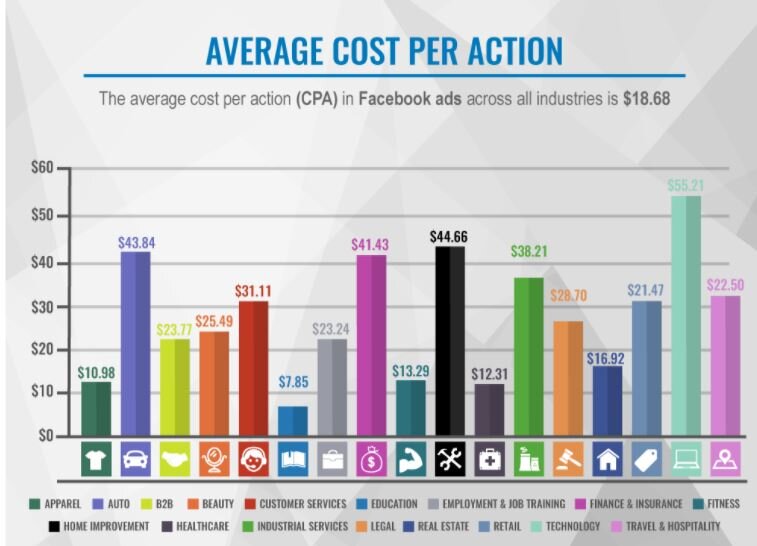Where do I promote? - Facebook
There is always this overhanging question within marketing about whether or not you made the optimal choice. Chances are you didn’t, but you’ll never know. Unless you tried every possible way of doing a campaign, whether we are talking about medium and content, it is too much uncertainty to say for sure. However, you do know in some way whether or not it was good, ok, or bad. But without this perfect knowledge, how do you choose what medium to allocate your campaign resources? This week, we’ll focus on Facebook, as we start with this series of analysis around the efficiency of the different marketing channels.
The right thing to do
What many businesses will do is to tackle the problem with a guessing game. “I believe.” Like shooting at a target while blindfolded. Not always the best tactic, but with some basic knowledge about your own business and customer, it’s not the worst either. What you have to take into consideration is something as simple as ‘where can I reach my customers.’ This is where the benefits of persona-creation start kicking in. If you know where your customers are, the choice will be a lot easier. I don’t know your persona, so I won’t give you solid advice regarding which channels to use, but rather a factual list of things you should consider about each medium.
Remember the phrase “Nobody ever got fired for buying IBM”? Deciding to advertising on Facebook is the modern day marketing equivalent. It’s big, complex, sometimes inefficient compared to other channels, expensive, but at the same time so good, cheap and safe. There are no other social media that has the word “do it” written all over it like Facebook. Facebook will probably be one of your safest bets with no main demographic or psychographic audience and a massive user-base. At the same time, it’s old, uncool, and is, in general, not the best performing channel, with extremely low organic reach at around 2%. So why do it?
Source: Pew Research Center and Sprout Social
The pro’s
As the biggest social media platform, Facebook got every demographic possible, so targets are easy to reach with ads, and being a digital channel; it’s still reasonably cost-efficient compared to traditional media. Ads can be very targeted, and If you have the resources to go for a medium that will give you an ok, safe, and robust ROI without taking too high a risk, Facebook might be the main channel for your advertising. It has a good, but wildly varying conversion rate - ranging from 14,29% for Fitness-businesses to 2,21% for technology. Cost per action ranges from 55,21$ in electronics to 7,85$ in Education. If you wonder why I don’t add Click-through-rate and Cost-per-click as factors to consider, I’ll go further into depth on this next week.
Source: Wordstream
Source: Wordstream
The con’s
Its terrible organic reach has made it a challenge for anyone who wishes to have organic campaigns. While Facebook used to be an excellent platform for those who wanted to have competitions, influencers, etc. on this platform, have faced challenges and reduced reach as Facebook deliberately reduces a business's ability to influence people through organic content. Simultaneously, prices have consistently increased as the user-base, and the number of advertisers has grown, despite a recent dip due to the corona-virus. It is definitely among the more expensive digital platforms.
Also, don't forget that Facebook is the definition of an evil corporation - no joke. They misinform people, spread fake news, ruins democracies to mention a few.
Conclusion
Facebook provides you with an enormous amount of data that enables you to create extremely targeted Ads. If you have a hypothesis regarding who your target audience is, this is the perfect place for testing it. Facebook is also the safest bet if you wish to reduce the risk of your paid marketing efforts. You are pretty guaranteed to have some returns, given that you have an ok product. However, you will have a challenging time if you think organic activity without ads will be enough to reach your audience. If you wish to go high-risk, high-reward on the same ad-platform, we’ll go further into detail about Instagram later.



